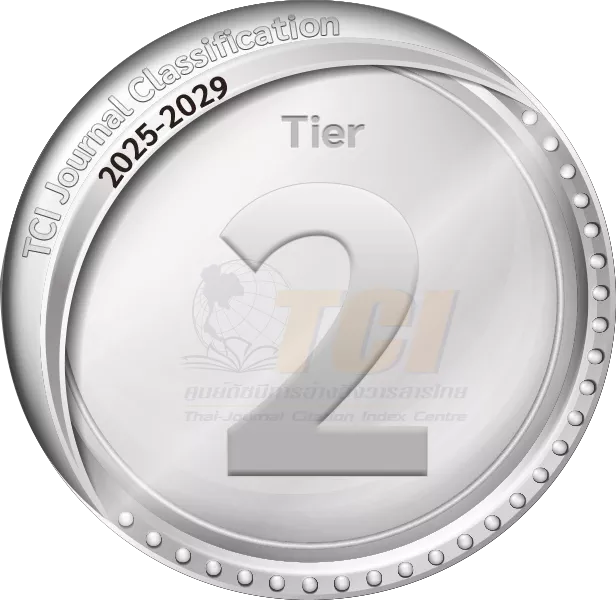Key Insights to Build Strategy for Collaboration as An Organizational Practice -A Case Study of a Professional Service Firm in Thailand
DOI:
https://doi.org/10.14456/abacodijournal.2025.5Keywords:
Team engagement, Collaborative culture, Flexibility, Trust, Communication, Self-transcendent, Meaningful workAbstract
This study focuses on creating a strategy for building a strategy for collaboration as an organizational practice based on insights on work flexibility, meaningful work, self-transcendence, communication, trust and collaboration. The study aimed to design the a strategy for collaboration as organizational practice based on the common themes from the interviews . This qualitative research utilized questionnaire using the Appreciative Inquiry model for open-ended questionnaire and one-on-one interview with total 15 participants. Content analysis was used to generate themes from interviews which the results showed that the straightforward and honest communication, respect of identity and opinion of others and ability to express opinions, empowerment and delegation, integration of value between work and life, and connection are the common themes in designing strategy for collaboration as an organization practice for this professional firm.
References
Aon Hewitt. (2015). Aon Hewitt’s model of employee engagement. Aon Hewitt.
https://www.aon.com/attachments/human-capital-consulting/aon-hewitt-model-of-employee-engagement.pdf
Attiah, J. (2015). Appreciative inquiry: A tool for transforming the University for Development Studies. Global Educational Research Journal, 2(12), 185-194.
Cameron, K. S., & Dutton, J. E. (2003). Positive organizational scholarship: Foundations of a new discipline. Berrett-Koehler Publishers.
Colquitt, J. A., Scott, B. A., & LePine, J. A. (2007). Trust, trustworthiness, and trust propensity: A meta-analytic test of their unique relationships with risk-taking and job performance. Journal of Applied Psychology, 92(4), 909-927.
Cooperrider, D. L., & Srivastva, S. (1987). Appreciative Inquiry in Organizational Life. In Woodman, R. W. and Pasmore, W.A. (Eds.), Research in Organizational Change and Development (pp. 129-169). JAI Press.
Francis, T., & Hoefel, F. (2018). ‘True Gen’: Generation Z and its implications for companies. McKinsey & Company.
Grunig, J. E., & Hon, L. C. (1999). Guidelines for measuring relationships in public relations. Institute for Public Relations. https://www.instituteforpr.org/wpcontent/uploads/Guide lines_Measuring_Relationships.pdf
Kahn, W. A. (1990). Psychological conditions of personal engagement and disengagement at work. Academy of Management Journal, 33(4), 692-724.
Kimani, B. (2024). Internal communication strategies and employee engagement. Journal of Public Relations, 2(1), 13-24. https://doi.org/10.47941/jpr.1695
Seng, B. K., Subramaniam, M., Chung, Y. J., Ahmad, S. A. M. S., & Chong, S. A. (2021). Resilience and stress in frontline social workers during the COVID‐19 pandemic in Singapore. Asian Social Work and Policy Review, 15(3), 234-243.
https://doi.org/10.1111/aswp.12237
Whitener, E. M., Brodt, S. E., Korsgaard, M. A., & Werner, J. M. (1998). Managers as Initiators of Trust: An exchange relationship framework for understanding managerial trustworthy behavior. Academy of Management Review, 23(3), 513.



